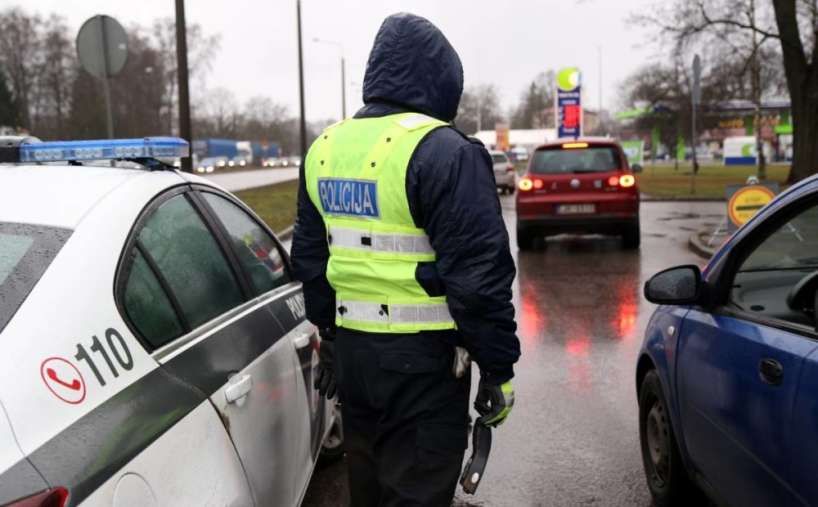At the moment, the public is drawing attention to a significant event that indicates the possibility that cars in Latvia may soon be denied a technical inspection. This event raises concerns that these vehicles will not be able to participate in road traffic in the future.
This latest development will surely make us ask: why was this decision made and how will it affect our daily lives? The latest news shows that in this new direction in Latvia, it is planned to introduce technical inspection requirements for vehicles of this category as well, threatening them with invalidity in road traffic.


It seems that, despite the fact that the law clearly defines the mechanisms of sanctions in case of odometer manipulation, these measures often remain unused or are not actually applied. This creates a dubious situation and points to gaps in our laws, and raises the question of whether the existing penalties are severe enough to prevent such unfair behaviour.
Such situations are not merely a theoretical matter; on the contrary, they pose real economic and societal risks. The obligations associated with this law create loopholes and loopholes that can be exploited for fraud and have negative consequences for the environment.
Proactive measures are needed to improve legislative compliance and oversight in this area, ensuring that fraudsters are adequately punished and further manipulation is prevented. Thus, to protect the public and trust in the legal system, urgent steps are needed to increase transparency, improve punishment mechanisms and strengthen supervision.
This necessary information was provided by Andris Kulbergs, member of the Latvian Saeima and president of the Auto Association. His experience and expertise in the automotive field make him a trusted source in these discussions, and his involvement at the policy level provides a unique perspective on this issue from a government and regulatory perspective.
Kulbergs is convinced that Latvia should follow Lithuania’s example in order to improve the situation in the country. He believes that an effective way to achieve this is to adopt the same practice as in Lithuania. His advice is clear: if the vehicle’s odometer readings are lower than the readings recorded during the previous technical inspection, then it should not be used on the roads. Such an approach, in his opinion, would be an effective means to promote safety and reliability of vehicles, which is an essential factor in the field of public transport safety.
But it doesn’t end there, because the situation can be so serious that many people won’t be able to use their car…
Read the continuation of the article on the next page
Tags: cars Latvia denied technical inspection participation road traffic








